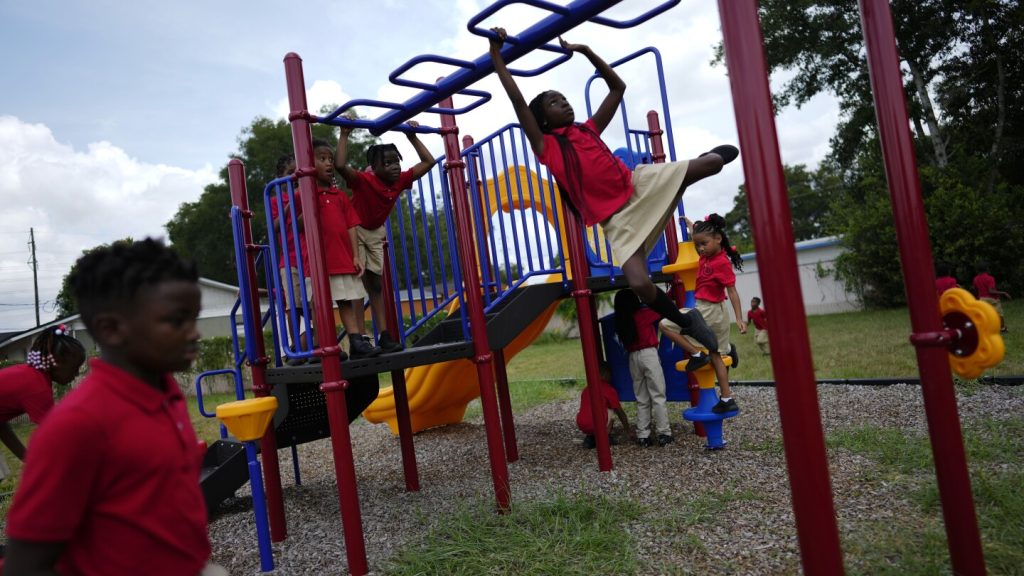The U.S Census Bureau released estimates on Thursday revealing that children age 4 and under in Florida were undercounted by almost 10% during the 2020 census. This undercount, the largest of any state, resulted in more than 112,000 children in this age group being overlooked in Florida. The data from the census helps determine federal funding and political power every 10 years, making an accurate count crucial for various programs and representation. The Demographic Analysis tool was used to estimate the population’s size and assess the accuracy of the count, with Vermont having the smallest undercount of young children at only 0.02%.
Preschool-age children are often the most challenging group to count accurately during the census, and they are frequently missed, leading to potential implications for communities in terms of federal funding for programs like Head Start. Nationally, an estimated 1 million children age 4 and under were overlooked during the 2020 census, reflecting an undercount of almost 5.5%. Factors contributing to this undercount include parents not realizing they should include their babies on census forms, as well as issues in multigenerational households or those involving joint custody arrangements.
Census Bureau Director Robert Santos acknowledged the correlation between undercounts of young children and certain race and ethnicity groups, as well as other factors that may have influenced the accuracy of the count. Efforts are being made to address these issues and improve the accuracy of future censuses. The undercount of preschool-age children not only impacts federal funding allocation but also has broader implications for representation and services in communities across the country. The importance of accurately counting every resident, regardless of age, is crucial for ensuring fair and equitable distribution of resources and political power.
The 2020 census results highlight the challenges of accurately counting young children and the need for targeted efforts to address this issue in future censuses. Families, communities, and organizations play a critical role in ensuring that children age 4 and under are included in the census count to prevent the undercount that can have lasting consequences. By raising awareness, providing support and resources, and improving data collection methods, the goal is to achieve a more accurate and comprehensive count of all residents, including the most vulnerable populations. The Census Bureau’s commitment to addressing these challenges is crucial for ensuring fair representation and funding allocation at the federal level.
As the nation grapples with the implications of the undercount of young children in the 2020 census, efforts are underway to improve data collection methods and address the factors contributing to this issue. The undercount of preschool-age children not only affects federal funding and political representation but also has far-reaching consequences for communities in terms of access to services and resources. By recognizing the challenges and working collaboratively to overcome them, there is an opportunity to ensure that future censuses provide a more accurate and inclusive count of all residents, including the most vulnerable populations. The Census Bureau’s ongoing efforts to address undercounts and improve data collection processes are essential for creating a more equitable and transparent census process.


